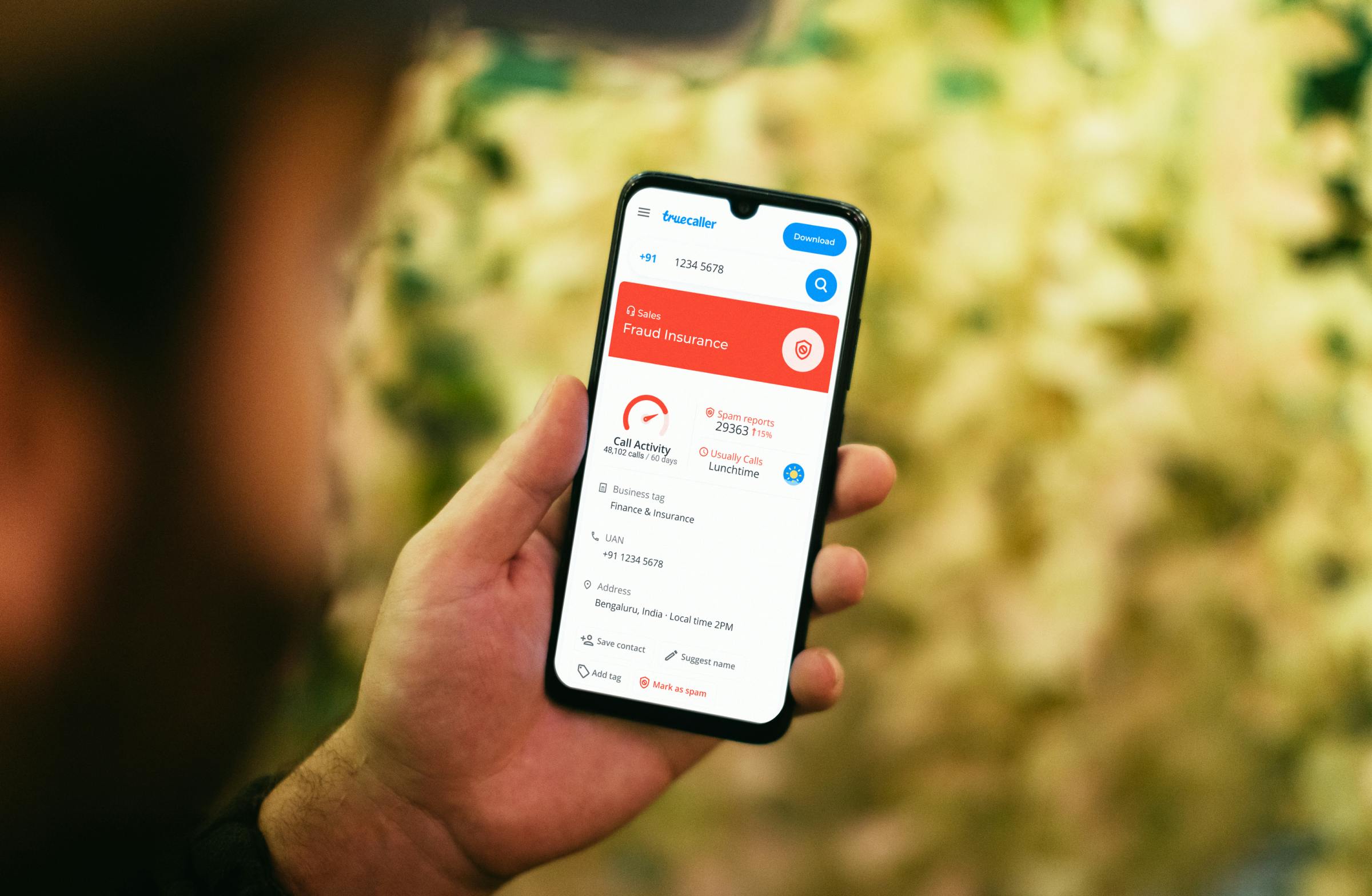
Beware: The Alarming Rise of Deepfake Fraud in the Finance Sector
Lindsey LaMont
Feb 8, 20242 min read
Imagine someone scammed a worker at a big financial company into giving away $25 million! How?
They used a super sneaky video trick called "deepfake" to pretend they were the boss during a video call. This story from Hong Kong shows how important it is to be careful online, especially with the smart tricks that scammers are using today.
The Big $25 Million Scam
In this true story, a person working at a large finance company thought they were talking to their boss and other workers on a video call. However, all the people in the video were fake, created by a computer to look and sound just like the real ones.
The worker received a message saying they needed to send $25 million secretly. Even though they first thought it was unusual, the video call with the fake boss and coworkers made them believe it was real. So, they sent the money, thinking they were doing the right thing.
This Isn't Just One Story
The police in Hong Kong found out about this and other similar scams. They caught 6 people who were doing these scams. These scammers even used stolen IDs to pretend to be other people and take out loans or open bank accounts.
How to Stay Safe from Deepfake Fraud
Know About the Scam
The first step to staying safe is knowing that these scams exist. Deepfake fraud can make people appear to do or say things they never did, so it's important to be a bit skeptical of weird requests, even if they seem to come from someone you know.
Double-Check Everything
If someone asks you to do something big, like sending money, always double-check. Call your boss, bank, or the person asking, using a phone number you know is real, not one from the email or message you got.

Download a Scam Blocking App
Truecaller, which is a spam and scam identification and blocking app, will help you identify if messages or calls you receive are listed as scams. Used by hundreds of millions of people around the world, numbers are marked as spam or scam in real time with comments and ‘spam scores’.
Be Careful Online
When you're online, think like a detective. Don't share your personal info everywhere, and be careful about who and what you trust.
This story about the $25 million scam shows how easy it can be to fool anyone. By knowing about these scams, being careful, and always double-checking, we can protect ourselves and our money from these sneaky fraud attempts. Remember, if something seems too weird or too good to be true, it probably is. Stay safe and keep your eyes open!

Lindsey LaMont
Feb 8, 20242 min read


